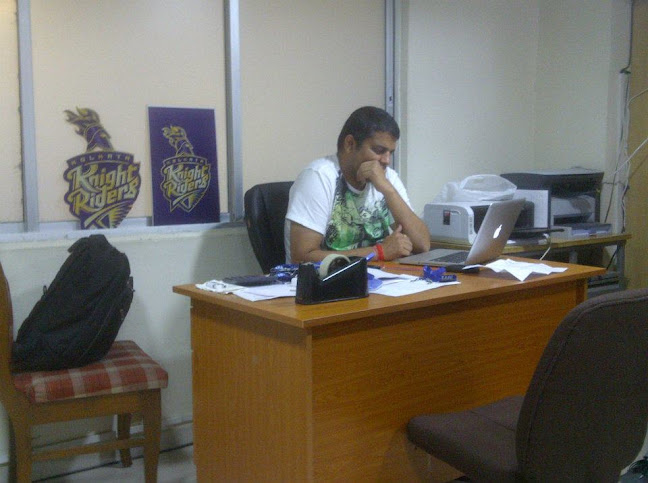Why operations management is one of the biggest bottlenecks in effective altruism?
Operations seem to be a role that has the highest-impact for some, who are part of the effective altruism communities right now, in the contrast of the roles that may come to mind first, such as outreach, research, or earnings to give.
An argument can be made that there is a shortage of people who are able to excel in such positions in the altruism community, thus making such roles high impact in nature right now. It can also be argued that they could be much more creative as well as intellectually stimulating than what a lot of people might think, often involving the design of the complex systems and also requiring social intelligence and creativity.
• People in roles of operations management act as the multipliers and they aim at enabling those in the organization to increase their productivity. They oversee those functions that are crucial for all top-performing organizations, like management, overseeing the budget, help to hire and training new staff members, etc.
• Great operations executives are the “system builders” – they are involved with creating and managing repeatable processes that keep the organization functioning at its highest levels. What this means is that they need to have significant creativity, social skills and self-direction, and also conscientiousness.
• Such roles look like they are especially in demand in the altruism community at present, based on the results of a talent survey. The junior roles may contribute a lot of value over a period of time. For senior staff, the value could be as high as millions of dollars of donations over a period of 3 years. This makes them really competitive with the other top-position roles in the research and management community.
• They are so valuable pertaining to the recent growth that has created so many positions, while such skills look like they are relatively rare within such communities, and it difficult to hire such people from outside such communities to fill up the posts that are in question here.
• Taking operations jobs will give people valuable transferable skills and connections within the community, as well as opportunities to advance. However, one doesn’t keep their options as open as one would have when they have worked in some well-known organizations.
• A lot of people don’t tend to realize that they are a good fit for the operations role, suggests Abhishek Singh KKR. One might have a comparative advantage in such roles even when they don’t have any background in operations roles. Rather, consider when one has been self-directed in the recent past, are able to learn quite quickly, and are driven by the need to fix problems. In case, one is interested, they must aim at testing out working in relevant roles.
Operations people enable everyone in the organization to focus more on their core tasks and also maximize their productivity. The best operations management people tend to achieve this by setting up effective, scalable systems, instead of addressing individual tasks.


Comments
Post a Comment